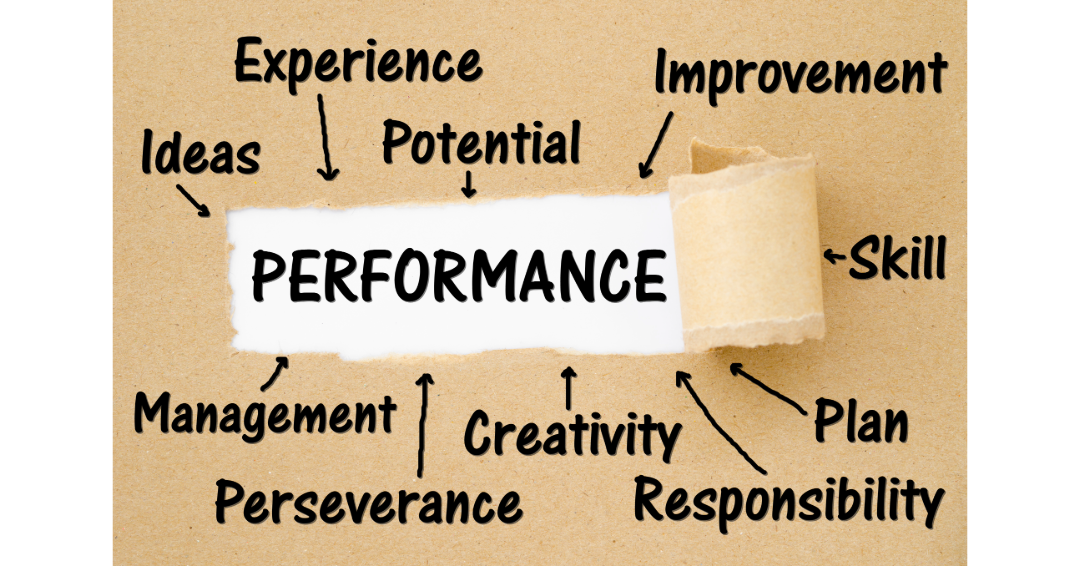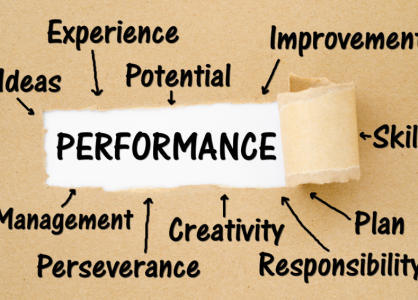Performance management is a systematic approach that enables organizations to align their resources, systems, and employees with strategic objectives and priorities. It encompasses setting clear goals, monitoring progress, providing feedback, and fostering development to ensure that both individual and organizational targets are met.
Key Components of Performance Management
- Planning: This initial phase involves defining clear, measurable objectives that align with the organization’s strategic goals. Effective planning ensures that employees understand their roles and the expectations set upon them.
Mirro - Continuous Monitoring: Regularly tracking employee performance against set objectives allows for timely identification of potential issues and opportunities for improvement. This proactive approach facilitates prompt corrective actions and support.
Mirro - Development: Focusing on enhancing employees’ skills and competencies through training and professional growth opportunities not only addresses current performance gaps but also prepares individuals for future roles within the organization.
Mirro - Rating and Rewarding: Assessing performance through evaluations and providing appropriate rewards or recognition reinforces desired behaviors and outcomes, motivating employees to maintain or improve their performance levels.
Mirro
The Intersection of Performance Management and Corporate Governance
Corporate governance refers to the framework of rules, relationships, systems, and processes within and by which authority is exercised and controlled in corporations. It encompasses the mechanisms by which companies, and those in control, are held to account.
Integrating performance management into corporate governance ensures that organizational activities are conducted efficiently, ethically, and in alignment with established standards. This integration promotes accountability and transparency, as performance metrics provide measurable insights into how well the organization adheres to its governance principles. By aligning performance objectives with governance policies, organizations can foster a culture of integrity and responsibility, ultimately enhancing overall performance and stakeholder trust.
MPG’s Role in Implementing Performance Governance Frameworks
MPG specializes in assisting organizations to develop and implement robust performance governance frameworks. By leveraging industry best practices and advanced tools, MPG helps organizations:
- Align Performance with Strategic Goals: Ensuring that individual and departmental objectives are in sync with the organization’s mission and vision.
- Establish Clear Metrics and KPIs: Defining and tracking key performance indicators that reflect both performance and compliance with governance standards.
- Foster a Culture of Accountability: Promoting transparency and responsibility at all organizational levels through effective performance management practices.
- Continuous Improvement: Implementing feedback mechanisms and development programs to drive ongoing enhancement in performance and governance adherence.
By partnering with MPG, organizations can effectively integrate performance management with corporate governance, leading to improved efficiency, ethical operations, and sustained success.
Explore how MPG’s governance-driven performance solutions can elevate your organization’s effectiveness and integrity.

